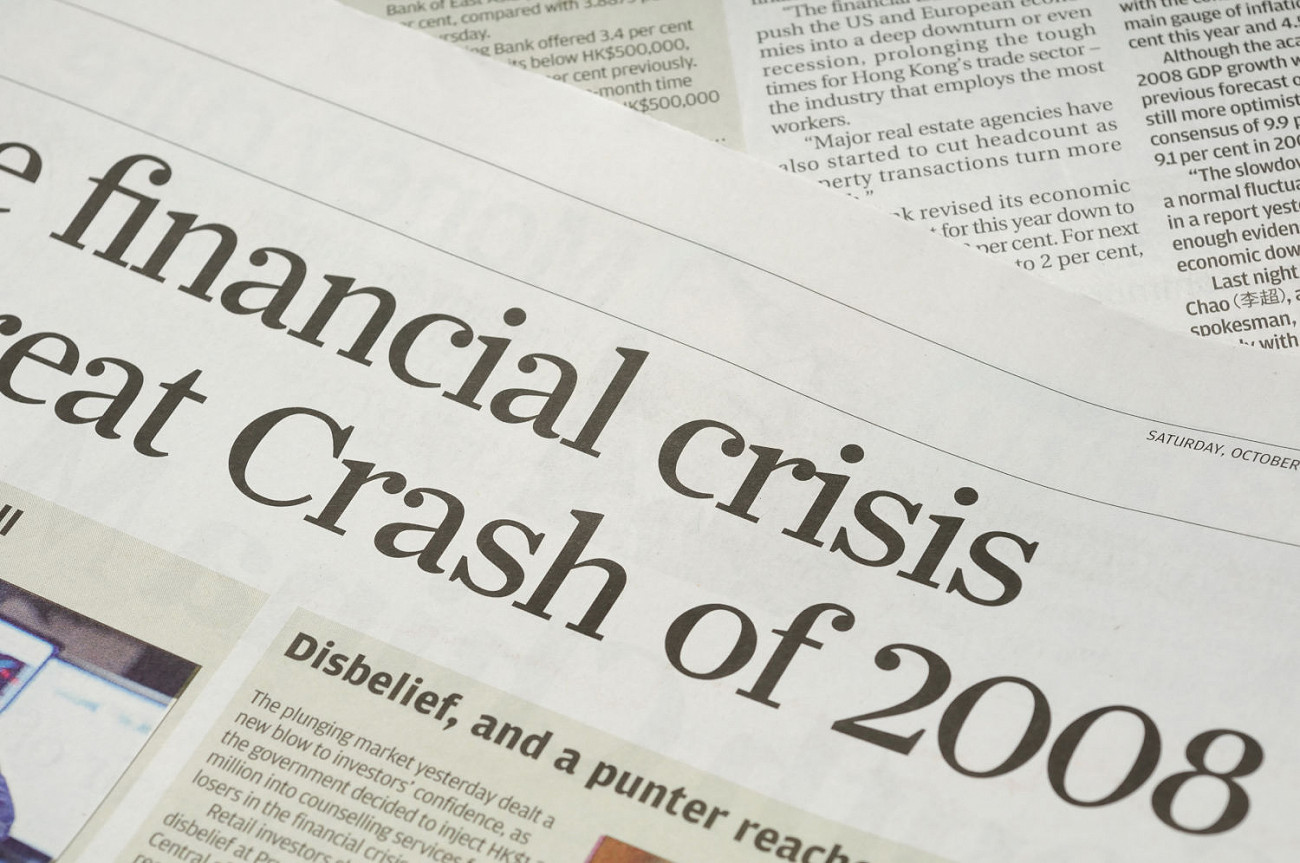Our recent research note revealed that entrepreneurs who worked in financial services suffered the biggest uphill battle when it came to managing their reputations.
In fact, a quarter of people said that they would think more negatively of a successful individual (or entrepreneur) if they subsequently heard that they had made their money in financial services, including investment, hedge funds, or wealth management.
But, perhaps more interestingly, this result did not hold consistently across all age groups: in fact, younger people were much more forgiving when it came to people who working financial services.
The differences are quite stark. While 30 percent of people aged between 45 and 55 said that they would think negatively of someone who had made their money in financial services, this proportion fell to just 20 percent amongst those aged 18 to 24.
We believe that this shows that the long shadow that the 2007-08 Financial Crisis cast over the banking and financial services sector is starting to shift.
In particular, the survey revealed that older respondents associated financial services and investment banking with rent-seeking activity, delivering little-to-no positive wider social impact, and rewarding poor performance and bad behaviour.
It is the last point that jumped out to respondents to the survey: when they heard that a successful individual had generated their wealth from finance, their minds immediately jumped to big bonuses while the banks collapsed and were bailed out.
This attitude is not as common amongst younger people, especially those under the age of 25: our conclusion is that younger people, who were perhaps as young as 2 years old during the crash, do not have strong memories, or any memories at all, of the financial crisis.
Further than that, even if younger people have vague passing memories of the crisis, they were not old enough for these experiences to impress themselves deeply on their psyche and attitudes.
As a final aside, young people were a lot more sceptical of entrepreneurs who made their money in technology than older people, perhaps owing to the fact that they have grown up in a climate of increasing public concern and worry about privacy, data, and social media trolling issues.
Reputations and perceptions shift significantly between different generations in ways people might not expect. This is why hard data is absolutely key when it comes to advising around reputations.

